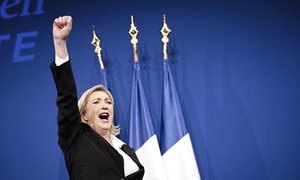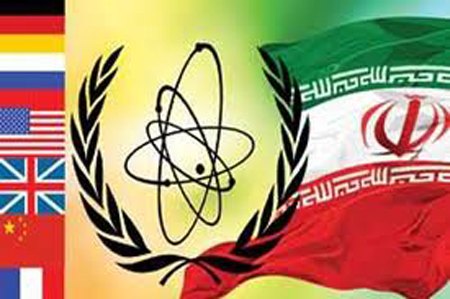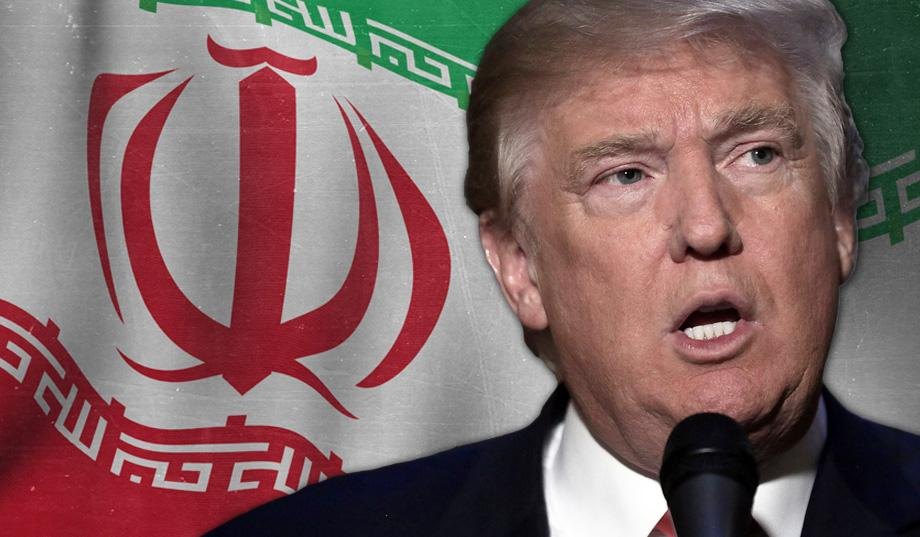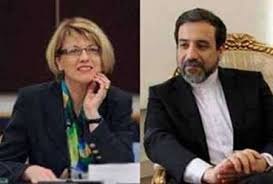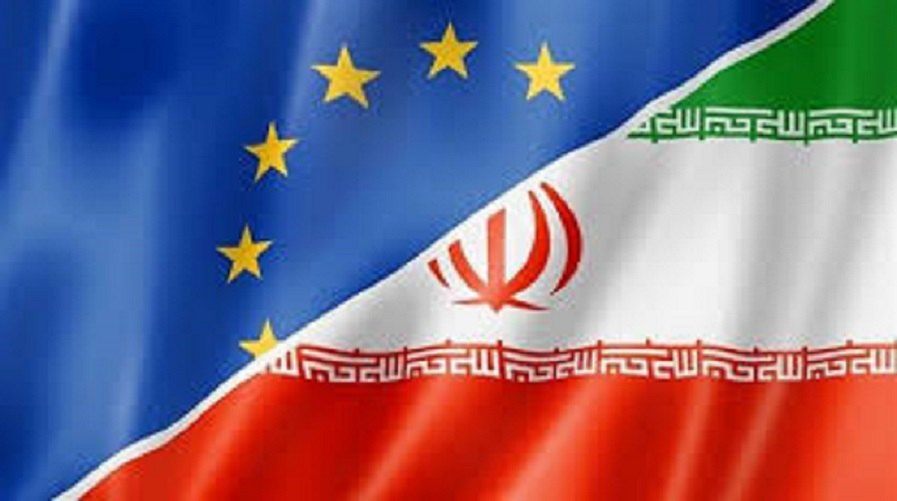Conditional Extension of the JCPOA and EU’s Alternatives
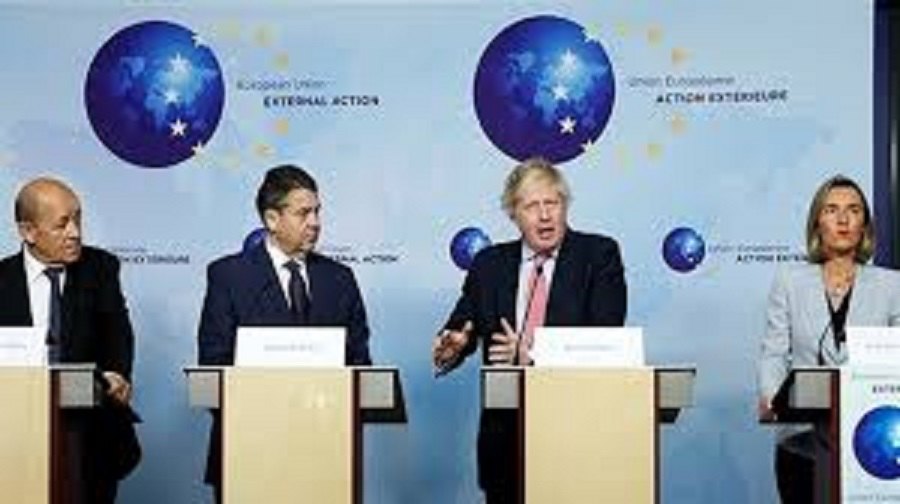
Yaser Nooralivand
The new and apparently decisive decision made by Trump in the determination of four conditions for amending the JCOPA, has to a large extent endangered this agreement and has subjected the US non-withdrawal from the JCPOA to this condition that other parties, especially the European countries, join this decision.
Preserving the JCPOA for some reason, such as its diplomatic value, its role as a model for the non-proliferation of nuclear weapons, its security role for Europe and its prosperous role for the European economy, is a “strategic principle” for Europeans, and it seems unlikely that the European Union, join Trump in his attempt to amend the so-called shortcomings of the JCPOA.
Although Europeans may encourage the US government to continue to adhere to the nuclear deal in the 4-months deadline, however, in the event of a failure to persuade Trump to preserve the JCPOA, the question is; what will be the Europeans decision on Trump’s demand.
The review of the past trends and existing circumstances suggests that if the European Union make this assessment that Trump’s threat on the withdrawal from the JCPOA is a serious and definitive one, it would probably choose one of the two following options namely the “making a deal with the United States to preserve the JCPOA” or “the JCPOA without the United States”.
If Europeans cannot convince Trump to preserve the JCPOA, and on the other hand, their estimation would be that if the US leaves, they cannot resist the US secondary sanctions against Iran, or compel their companies to cooperate with Iran, they will probably sum up that in order to preserve the agreement; they have to make a deal with Trump. It means that they should promise to join him in his attempts against Iran’s missile program and regional activities, and in return, Trump would refrain from abolishing the JCPOA.
The second alternative, or “Plan B,” of Europeans, is probably the option of “JCPOA without the US”. In the framework of this plan, the Europeans will guarantee Iran that they will continue to fulfill their obligations, even in the case of the US withdrawal, and will, in return, urge Iran to remain committed to this agreement.
“Restoration of deterrent regulations”, “Establishment or creation of an institution, such as the European Bank for Reconstruction and Development” and “Establishment of an Iranian-European Union Enrichment Consortium”, are described as three European tactics aimed at making the JCPOA safe.
It is important for Iran to preserve the JCPOA, as it is vital for Europeans. Hence, it is recommended that, in the event of a possible withdrawal by the United States, Iran refuse to withdraw JCPOA immediately and let it function without the United States and at the same time, verify the other parties to make sure that they are fulfilling their commitments under the agreement.
Trump inevitably renewed the suspension of Iran’s nuclear sanctions once again, but at the same time threatened European countries that if they do not comply with his conditions for amending the JCPOA, he would decide to completely leave the agreement in the next four months period.
This measure taken by Trump has put Europeans in a position where they can make other decisions to keep things going if they would not be able to convince the US not to leave the agreement. One of the alternatives is making a deal with Trump. It means that they should promise to join him in his attempts against Iran’s missile program and regional activities, and in return, Trump would refrain from abolishing the JCPOA. Since the results of this decision are not predictable especially in the field such as the cooperation with Iran, the continuation the implementation of JCPOA and the regional stability situation, this option is not very likely for the Europeans.
The second alternative is the option of “JCPOA without the US”. In the framework of this plan, the Europeans will guarantee Iran that they will continue to fulfill their obligations, even in the case of the US withdrawal, and will, in return, urge Iran to remain committed to this agreement.
It is important for Iran to preserve the JCPOA, as it is vital for Europeans. Hence, it is recommended that, in the event of a possible withdrawal by the United States, Iran refuse to withdraw JCPOA immediately and let it function without the United States and at the same time, verify the other parties to make sure that they are fulfilling their commitments under the agreement.

